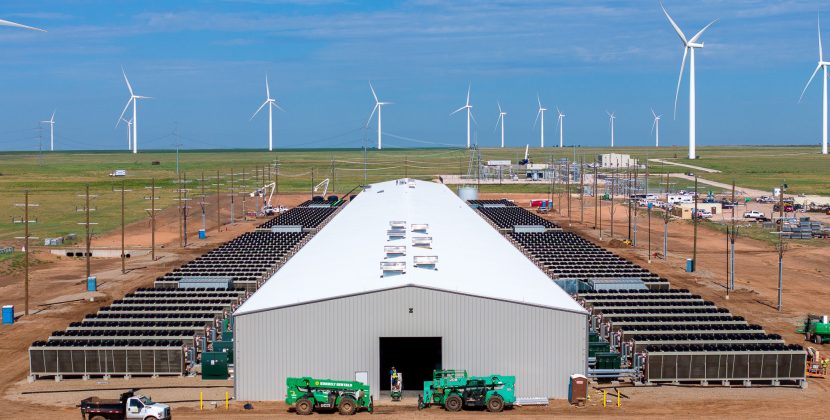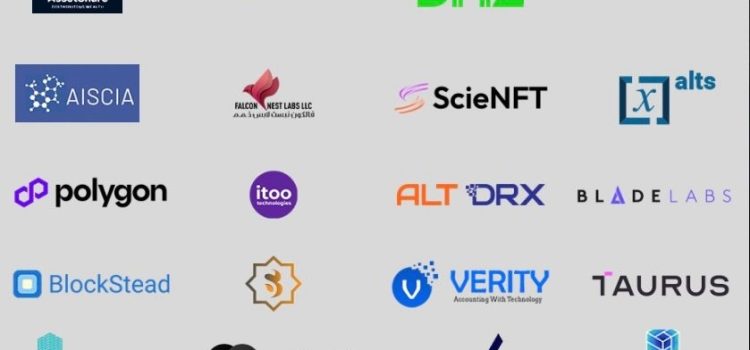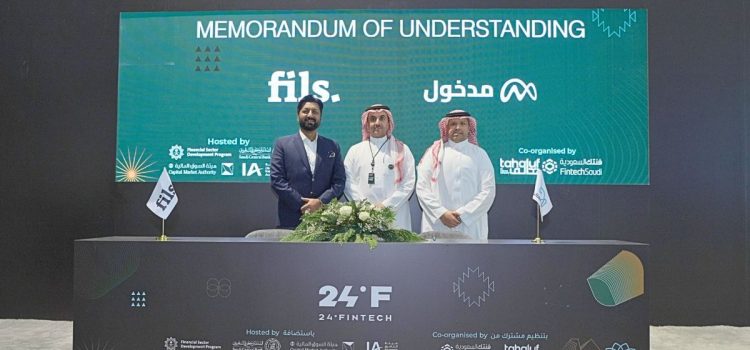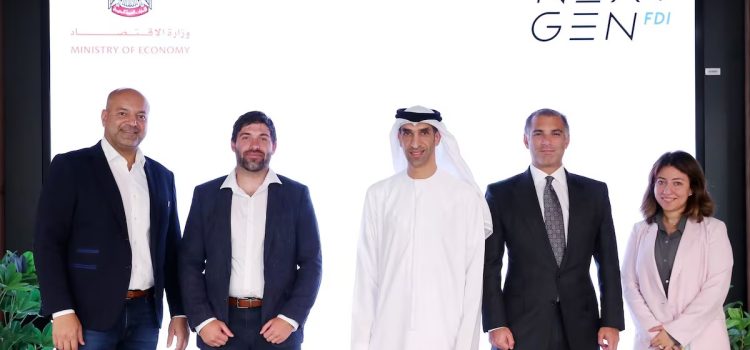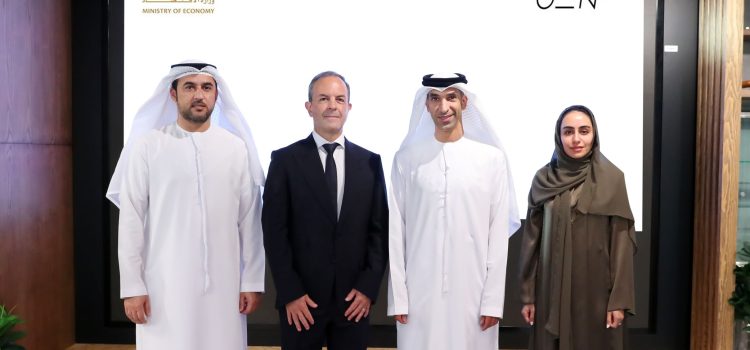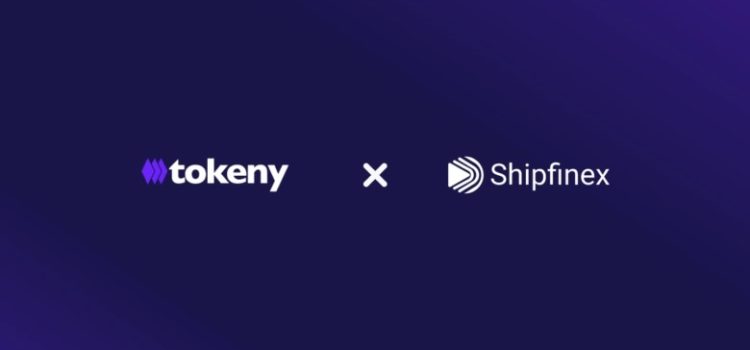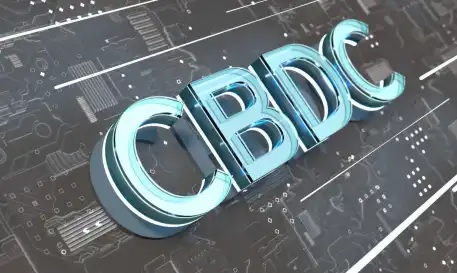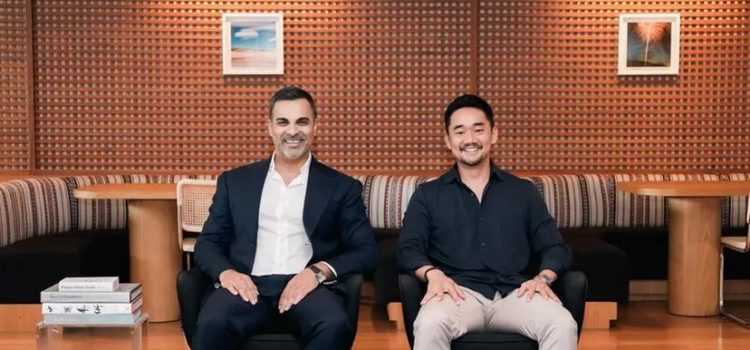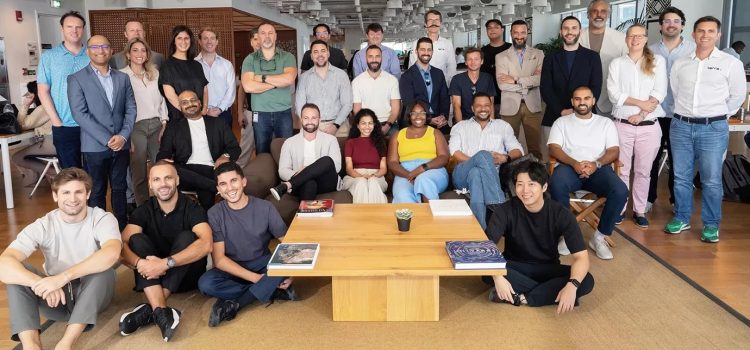
Qatar Financial Centre (QFC), financial and business center has announced that its QFC Digital Assets Lab is now live with the onboarding of 24 participants which include entities such as Polygon and Blade Labs among others. This cohort will benefit from a comprehensive support system for developing, testing and commercializing their digital solutions and services.
As per the press release, the participants will develop transformative solutions tailored to a variety of use cases across different industries. By leveraging blockchain/ distributed ledger technology, these innovators seek to address industry challenges and drive digital transformation in their respective sectors.
Among the 24 successful candidates are ALT Realtech, Bladelabs, Polygon, Taurus, Settlemint and Partior.
To bolster the capabilities of the Digital Assets Lab, QFC has partnered with leading international organizations such as Google Cloud, Masraf Al Rayan, The Hashgraph Association, and R3. According to QFC, these strategic partners will offer subject matter expertise, providing participants with valuable knowledge and industry insights. The full list of partners and participants is available on the QFC website
The Digital Assets Lab supports the stakeholders in exploring and experimenting with various use cases, such as trade finance, real-world asset tokenization, carbon credit tokenization and various ancillary services to support the end-to-end tokenization. To facilitate these processes, the Lab and its participants will operate under the newly launched QFC Digital Assets Framework, established to ensure a secure and transparent digital asset ecosystem for asset tokenization processes and the implementation of a trusted technology infrastructure.
Yousuf Mohamed Al-Jaida, Chief Executive Officer, QFC, commented on the diversity of the first cohort, stating: “I am delighted that the Digital Assets Lab has officially commenced, with 24 participants working on technologies with different applications. Their collective effort and expertise will be pivotal in advancing digital asset solutions across multiple industries. The technologies we aim to develop through the Lab will support our goal of creating a resilient and secure financial sector, fostering a thriving wealth management hub, and positioning Qatar at the forefront of innovation.”
In a Linkedin post, Henk Jan Hoogendoorn, Chief of Financial Services sector at QFC, noted, ” We are open for Financial Institutions that would like to partner with our Digital Assets Lab. We are aiming to attract use cases around tokenization of Real World Assets.”
While, Aditya Kumar Sinha, Head of Fintech & Digital Innovation at Qatar Financial Centre noted, “Congratulations to all the participants and lot of thanks to all our partners! We look forward to accelerate the pace of innovation in Qatar!”
The QFC Digital Assets Lab was launched in October 2023 to accelerate the development of Qatar’s digital ecosystem and provide a platform for transforming promising digital concepts into cutting-edge technologies that can be practically applied in various industries.
This comes weeks after Qatar announced its digital assets framework, and its DLT guidelines.

